Lenovo and RIM play down acquisition talks
Possible partnership isn't out to of the question as both firms looks to gain smartphone market share.
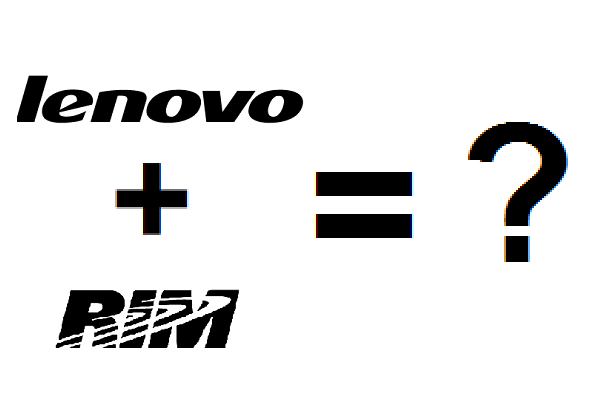
Lenovo and RIM have played down talks of a potential M&A deal despite the chief financial officer of the Chinese PC maker claiming a merger could be on the cards.
Wong Wai Ming, CFO of Lenovo specifically name-checked the Canadian firm when he was asked about how it might strengthen its position in the mobile market.
"We are looking at all opportunities - RIM and many others," Wai Ming told Bloomberg at the World Economic Forum in Switzerland.
"We'll have no hesitation if the right opportunity comes along that could benefit us and shareholders."
In statements to IT Pro, both firms have since downplayed the comments.
"We are aware that Lenovo's CFO Wai Ming was speaking broadly about M&A strategy in a recent interview," Lenovo noted.
"RIM was raised as a potential target by the journalist and Mr Wong repeatedly answered in a manner consistent with all of our previous statements on M&A strategy.
Get the ITPro daily newsletter
Sign up today and you will receive a free copy of our Future Focus 2025 report - the leading guidance on AI, cybersecurity and other IT challenges as per 700+ senior executives
"Lenovo is very focused on growing its business, both organically and through M&A. When inorganic ideas arise, we explore them to see if there is a strategic fit," the statement added.
Similarly, RIM emphasised that it is solely focused on the launch of its BB10 range, which is set for 30 January.
"We do not have anything new to report on our strategic review at this time. [CEO] Thorsten Heins has made it very clear that we are focused on the delivery of BlackBerry 10," RIM said.
"As he said on our most recent results conference call on 20th December, we continue to examine all available options to create new opportunities, focusing on areas where we will be more effective partnering rather than going it alone, and ultimately maximising value for all stakeholders."
At present Lenovo has been focusing on the smartphone market in its home territory of China where it has launched devices such as the K800.
The firm was one of the first to sign a deal with Intel to use x86-based Atom chips in its smartphones. However, Lenovo has yet to take the plunge into the western Europe and US markets where Apple and Samsung dominate.
Meanwhile, RIM has been losing its grip on the smartphone market as it delayed the launch of its BB10 to make sure it wasn't rushed out.
Although acquiring RIM's hardware business could be beneficial for Lenovo, the chances remain slim at this point, as there would a host of regulatory hurdles to overcome.
Under its rules for foreign investment, the Canadian government would have to greenlight the deal as it would be worth more than $344 million.
A more likely scenario would see Lenovo making a deal with RIM to license out the BB10 OS, especially given comments from Heins earlier this week.
The RIM CEO claimed that it was conceivable that the BB10 operating system could be licensed out in the same way that Microsoft had done with the Windows Phone software.
"Before you licensed the software, you must show that the platform has great potential. We must fulfill our promises first. But if such proof is provided, licensing is conceivable," Heins said.
-
 Should AI PCs be part of your next hardware refresh?
Should AI PCs be part of your next hardware refresh?AI PCs are fast becoming a business staple and a surefire way to future-proof your business
By Bobby Hellard
-
 Westcon-Comstor and Vectra AI launch brace of new channel initiatives
Westcon-Comstor and Vectra AI launch brace of new channel initiativesNews Westcon-Comstor and Vectra AI have announced the launch of two new channel growth initiatives focused on the managed security service provider (MSSP) space and AWS Marketplace.
By Daniel Todd
-
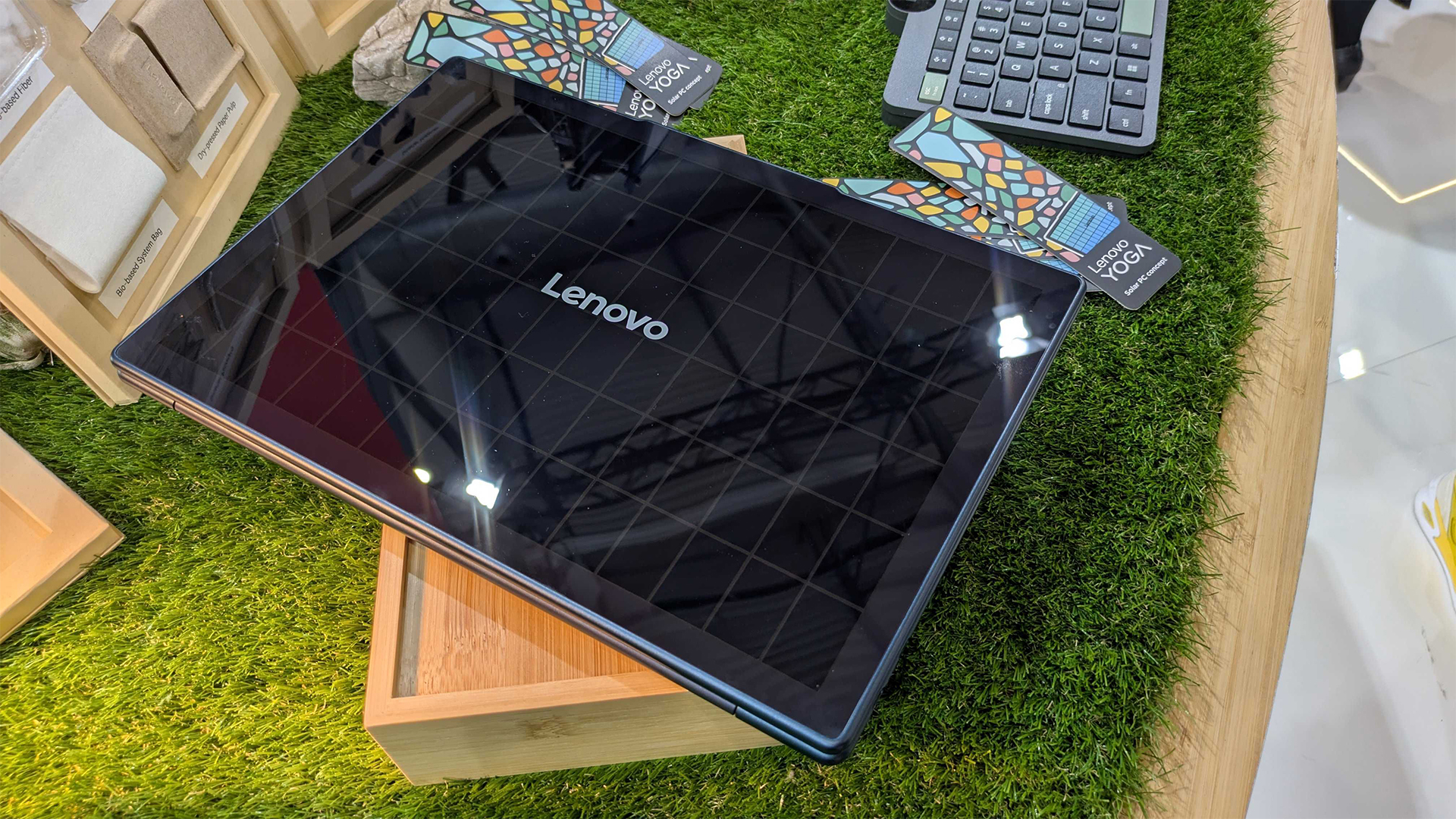 Lenovo’s solar-powered laptop could be a game changer for battery longevity – but we'll be waiting a while for a fully-fledged product
Lenovo’s solar-powered laptop could be a game changer for battery longevity – but we'll be waiting a while for a fully-fledged productNews Lenovo unveiled an experimental solar-powered laptop at MWC 2025 amid updates to the Yoga and Ideapad lineups
By Nicole Kobie
-
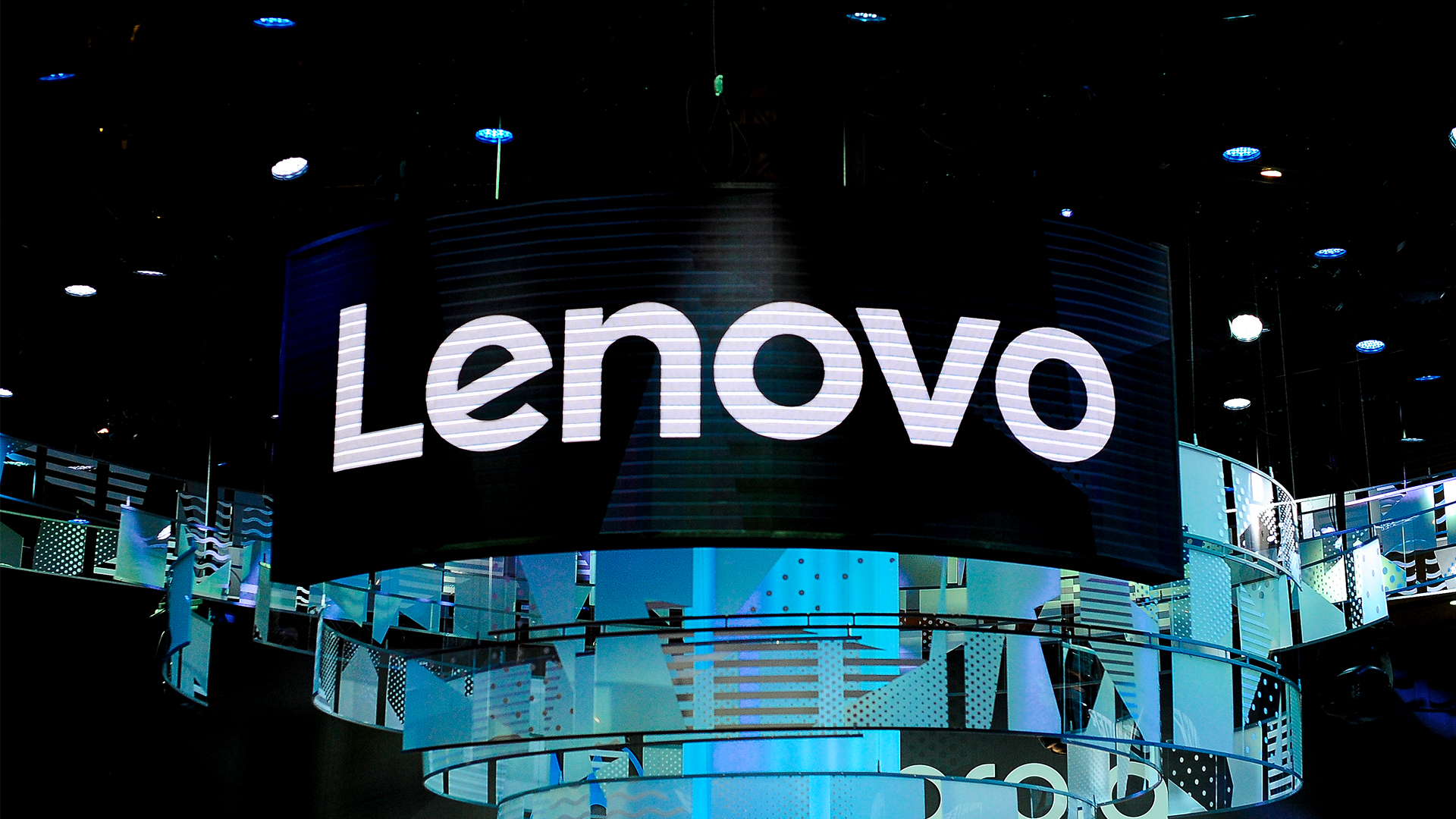 Lenovo unveils its new ‘hybrid-AI’ vision
Lenovo unveils its new ‘hybrid-AI’ visionNews The company says its new modular, customizable solutions deliver higher productivity and tangible return on investment
By Emma Woollacott
-
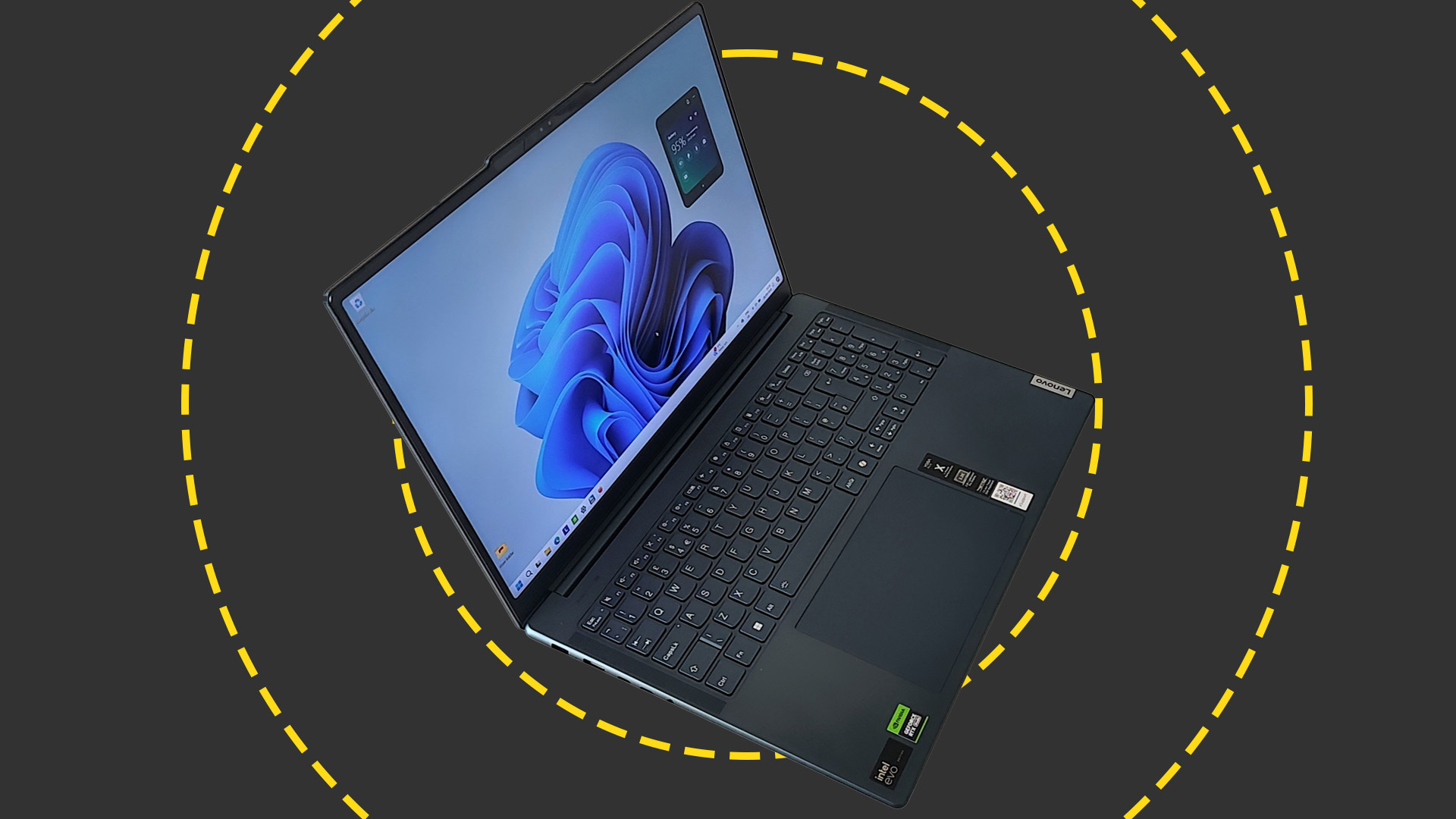 Lenovo Yoga Pro 9i 16 Gen 9 review: One of the best-value laptops on the market
Lenovo Yoga Pro 9i 16 Gen 9 review: One of the best-value laptops on the marketReviews With a powerful Nvidia discrete GPU, and an attractive price, the latest Yoga Pro 9i is the perfect laptop for power creatives on the go
By Alun Taylor
-
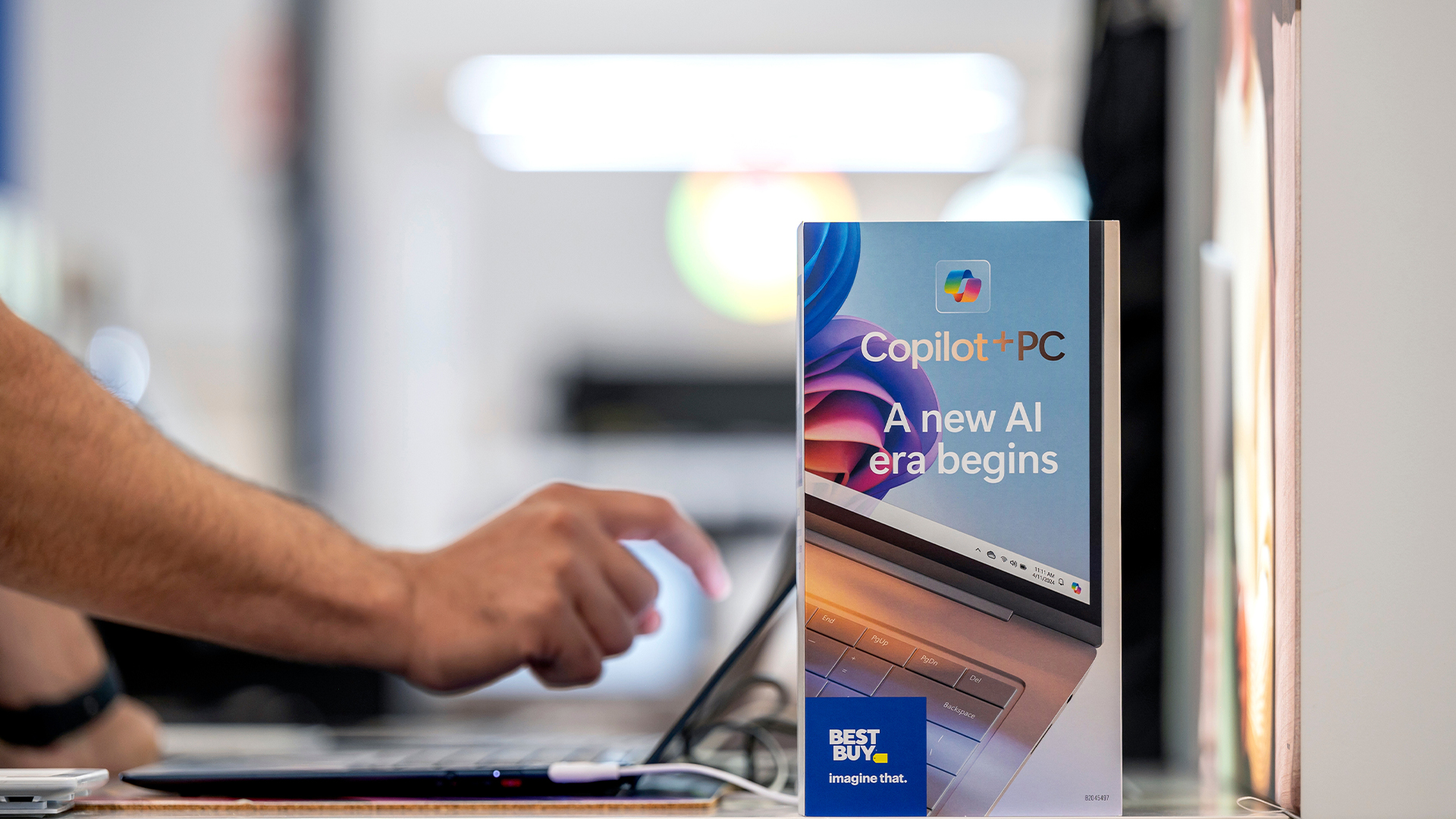 Why the world is about to be swamped with AI PCs
Why the world is about to be swamped with AI PCsNews With adoption rates set to surge, AI PCs will become far more mainstream in years to come
By Nicole Kobie
-
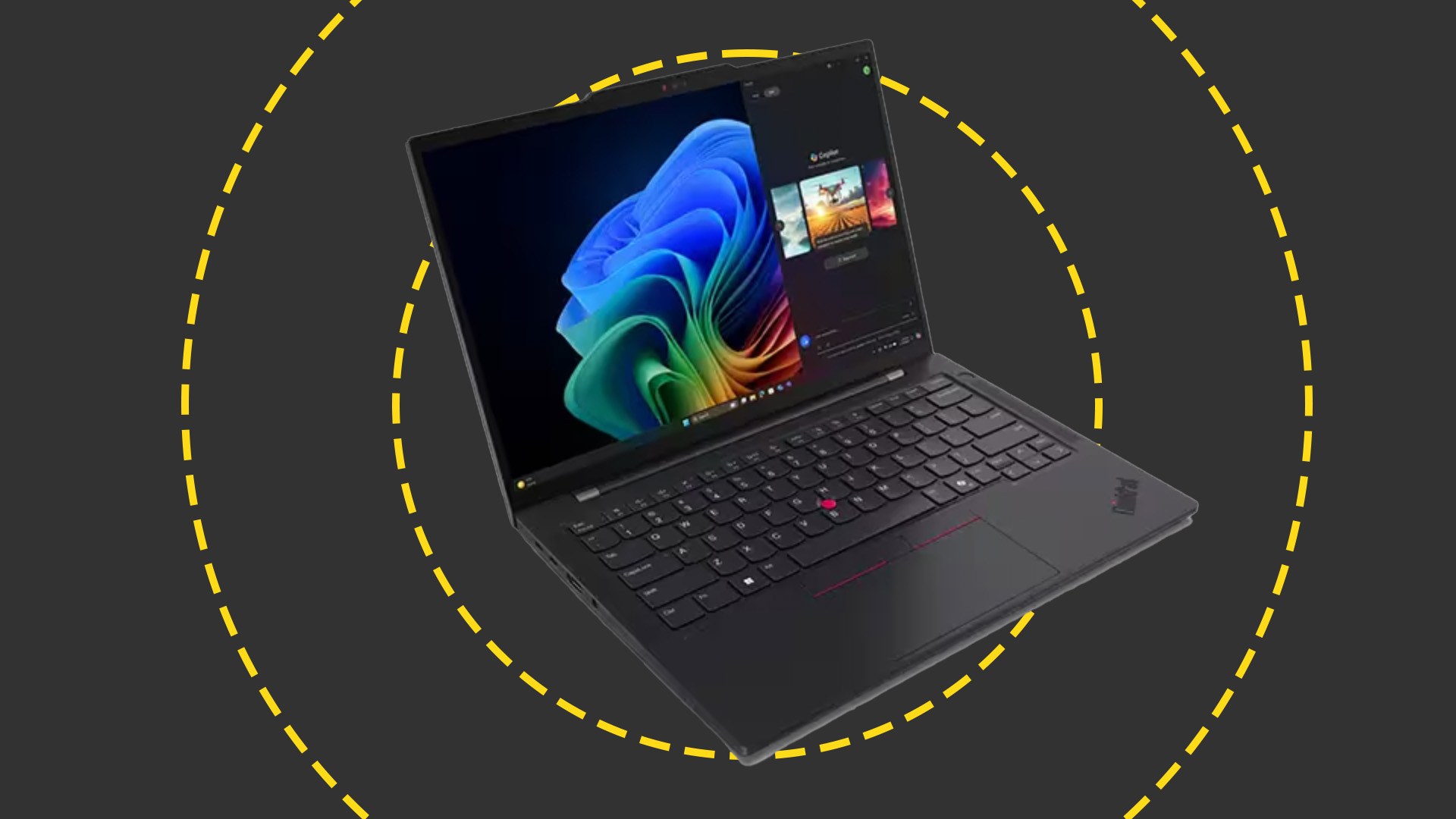 Lenovo ThinkPad T14s Gen 6 review: A safe pair of hands that will last for days
Lenovo ThinkPad T14s Gen 6 review: A safe pair of hands that will last for daysReviews Although unsightly, looks aren't everything -- with this AI-powered laptop capable of offering an outrageously long battery life and blistering performance
By Keumars Afifi-Sabet
-
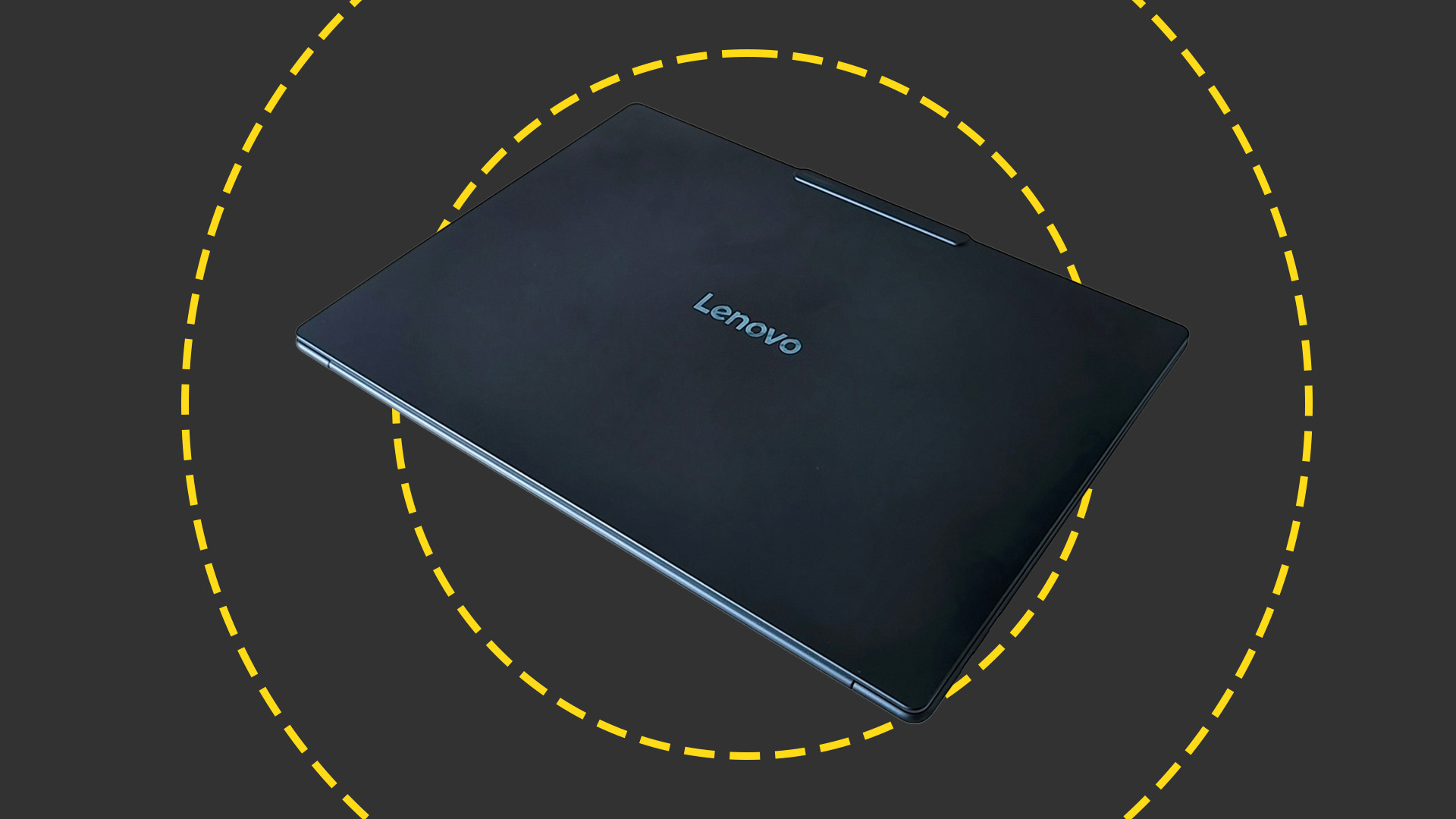 Lenovo Yoga Slim 7x review: At last, Windows on ARM comes good
Lenovo Yoga Slim 7x review: At last, Windows on ARM comes goodReviews With few compatibility issues and Mac-like battery run times the new Snapdragon X Elite silicon is a welcome addition to the laptop world
By Alun Taylor
-
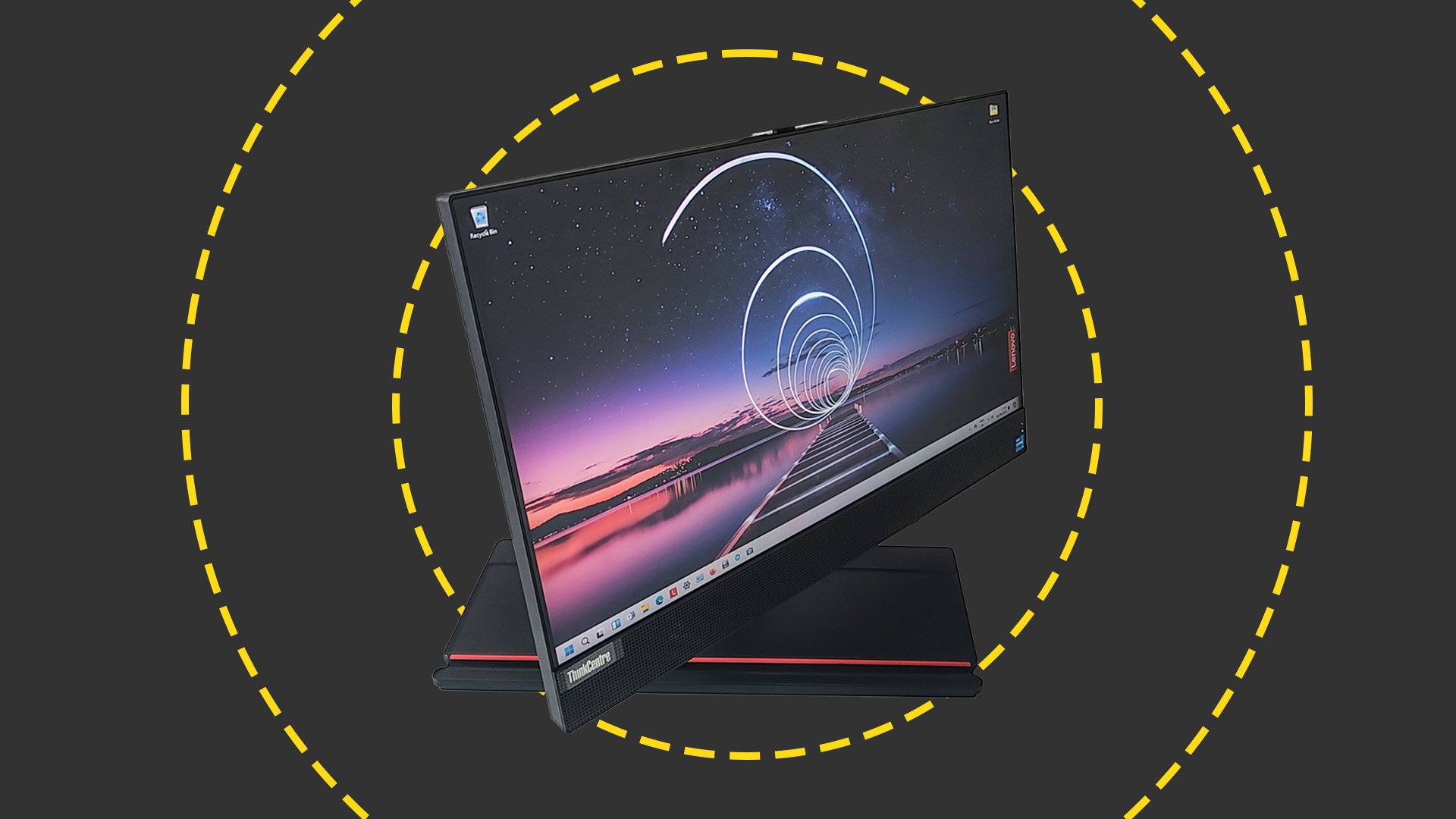 Lenovo ThinkCentre M90a Gen 5 review: A stylish, compact, and feature-laden all-in-one
Lenovo ThinkCentre M90a Gen 5 review: A stylish, compact, and feature-laden all-in-oneReviews Only the flaccid integrated graphics processor lets down Lenovo's otherwise impressive M90a Gen 5
By Alun Taylor
-
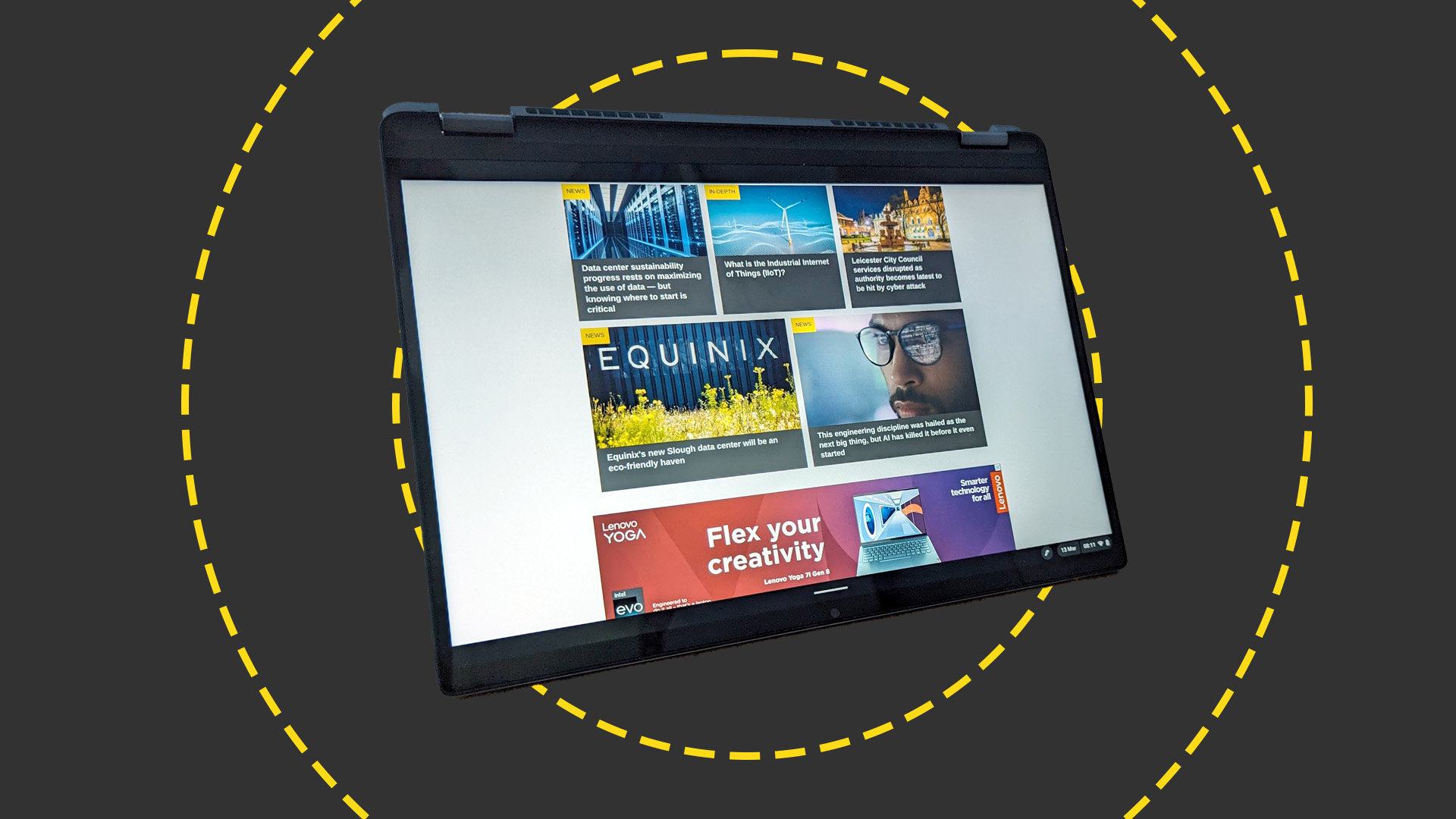 Lenovo IdeaPad Flex 5i Chromebook Plus review: You can't beat this Chromebook Plus for value
Lenovo IdeaPad Flex 5i Chromebook Plus review: You can't beat this Chromebook Plus for valueReviews While not the strongest screen quality or performance, the Flex 5i Chromebook Plus gets most of the way there on a lower budget
By Stuart Andrews